Hikkaduwa appears to have been an early tourist destination in Ceylon, for it was reported in 1843 that it “is most pleasantly situated, and a great resort of picnic parties from Galle”. Traditionally associated with the cultivation of coconuts, rice and cinnamon, plumbago mining, and the manufacture of lace and drum frames, Hikkaduwa has emerged as a modern destination for sun seekers and wave worshipers. Many who visit Hikkaduwa are usually sun, sea and wave worshippers. The foreign influx began in the late sixties and before long the town began to bustle with fun-seeking visitors. The Germans were the biggest influence for a long time, and although today many signboards and menus are still in German, the clientele is now much more international. In particular, the number of Australians is rising as the fame of Hikkaduwa as a surfer’s destination grows.
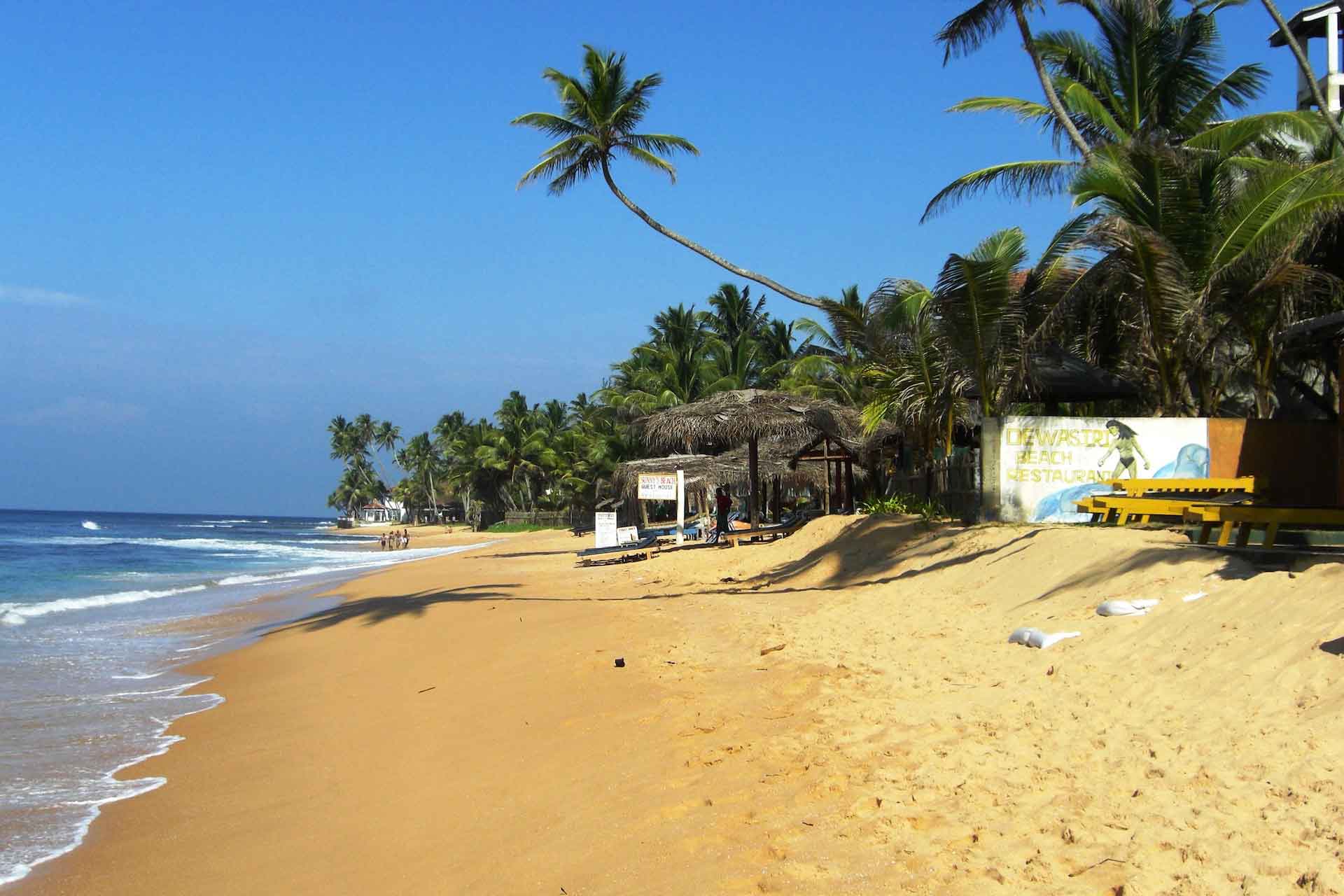
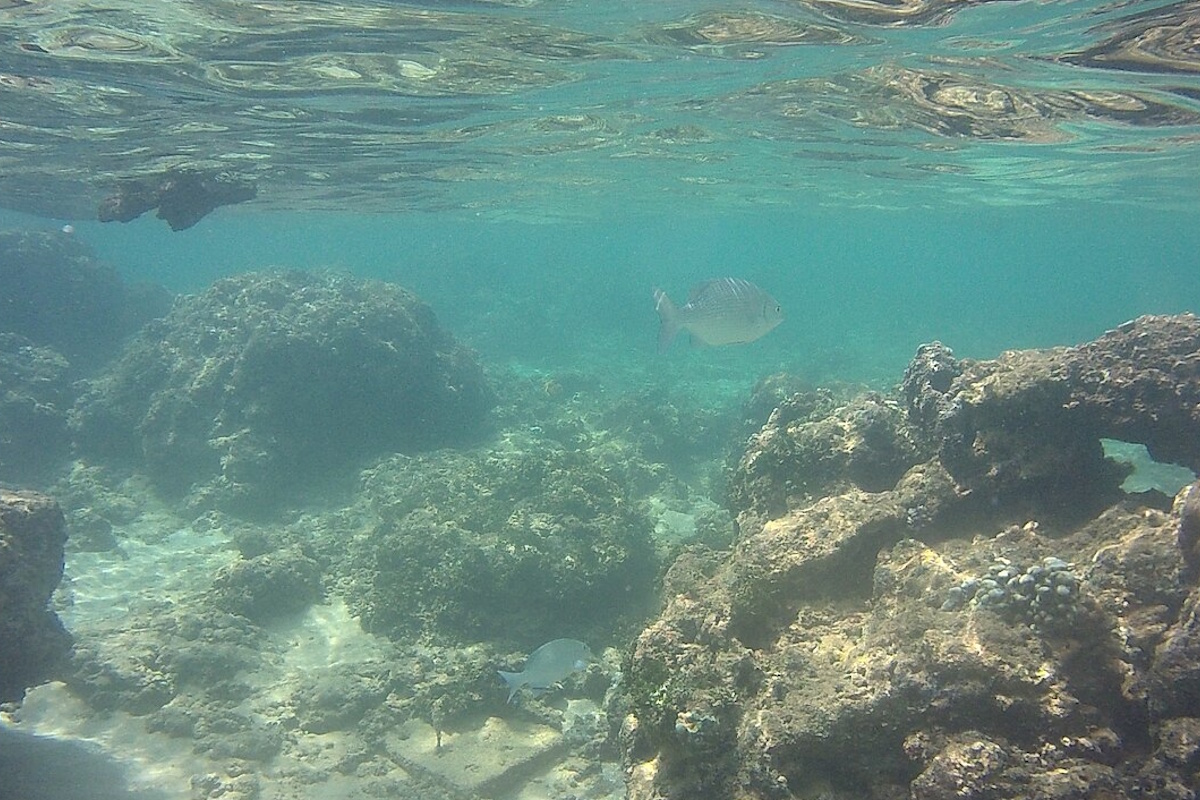

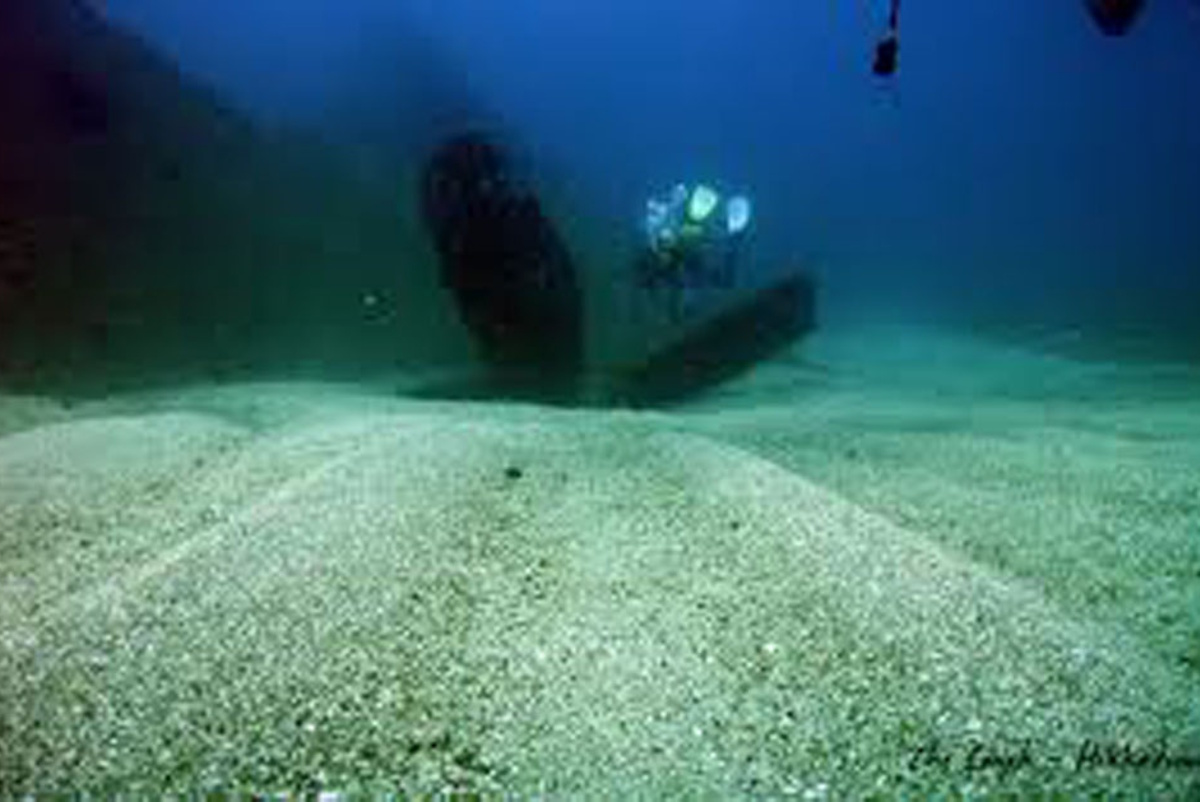
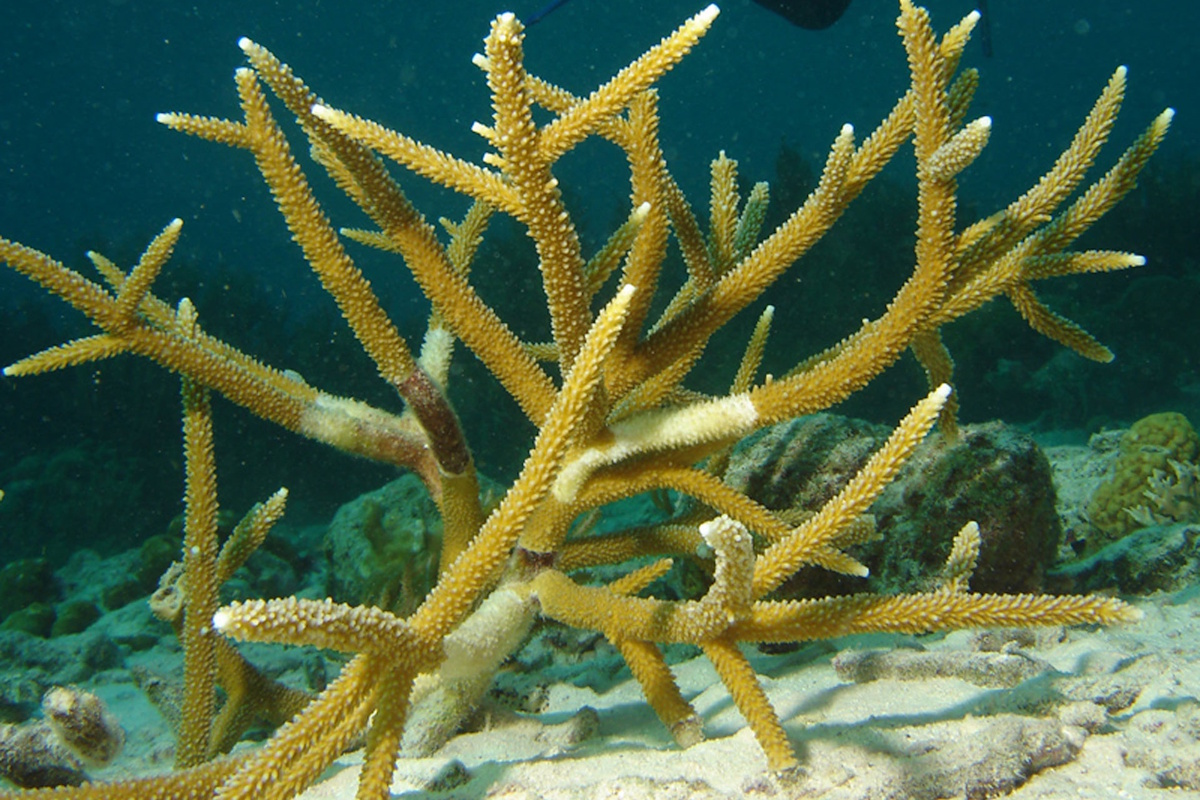
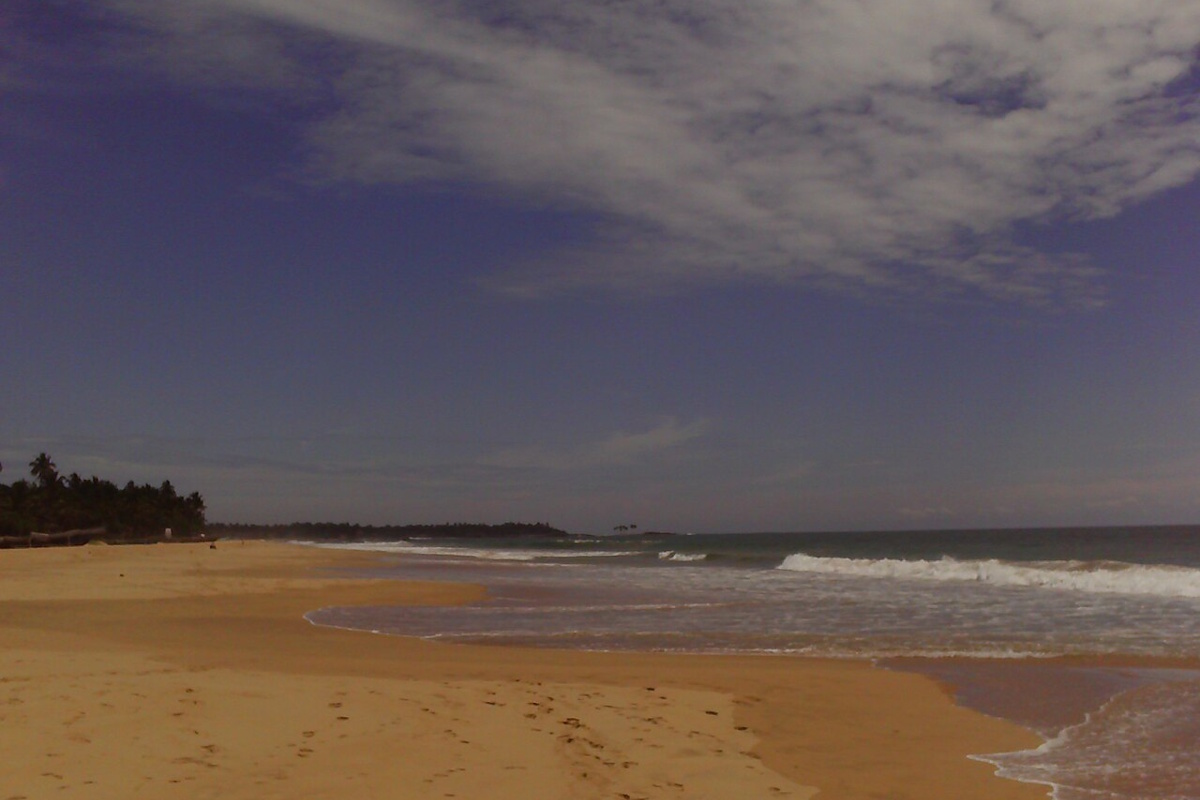
Hikkaduwa, located south of Colombo along the southwest coast, has a long-standing connection with fishing, buddhist culture, and later, hippie travel routes.
Ancient Roots: The town has Buddhist temples dating back centuries, with traditional stilt fishing and coastal trade defining its economy.
Hippie Movement (1970s–1980s): Western backpackers discovered Hikkaduwa’s serene beauty and waves, turning it into one of the earliest alternative beach destinations in Sri Lanka.
Marine Protection: In the 1970s, the coral reefs were recognized for their ecological importance, leading to the creation of Hikkaduwa Marine National Park.
Surf and Snorkel Haven: Consistent waves and shallow coral gardens made it ideal for both surfers and snorkelers.
Marine National Park: Protected coral reefs and sea turtle populations attracted eco-conscious travelers.
Backpacker Route: Early exposure on the South Asian backpacker trail brought decades of traveler infrastructure and bohemian charm.
Party Scene: Hikkaduwa developed a reputation for beach parties and live music scenes, especially popular during full moon nights.
Cultural Tourism: Temples, batik workshops, and Ayurveda centers broadened the tourist offering beyond the beach.
Today, Hikkaduwa is a lively beach and surf town known for its coral reefs, underwater life, and party-friendly vibe.
The town has grown into a diverse coastal community, welcoming surfers, divers, backpackers, and families alike.
It combines natural charm with affordable accommodation, vibrant markets, and a strong local culture.
Geography: Located about 100 km south of Colombo, Hikkaduwa features wide beaches, shallow lagoons, and offshore reefs.
Climate: Warm year-round (27–31°C), with the best beach conditions between December and March.
Hikkaduwa Beach – Famous for surfing, swimming, and sea turtle sightings near the shore.
Hikkaduwa Coral Sanctuary – A protected reef with colorful corals and tropical fish visible through snorkeling or glass-bottom boats.
Tsunami Honganji Vihara – A Buddhist statue and memorial built after the 2004 tsunami, honoring victims and resilience.
Seenigama Vihara Temple – A sacred island temple just offshore, tied to local legends of justice and protection.
Turtle Hatchery & Release Centers – Learn about sea turtle conservation and release baby turtles into the ocean.
Surfing Schools – Ideal for both beginners and experienced surfers; lessons and board rentals are abundant.
Batik Shops and Craft Markets – Local artisans selling colorful batik textiles, wood carvings, and handmade souvenirs.
Nightlife and Beach Bars – From beach raves to acoustic nights, Hikkaduwa is known for its after-dark energy.
Ayurvedic Spas – Enjoy traditional massage and herbal treatments in serene beachside settings.
Scuba Diving – Dive shops offer excursions to shipwrecks and reef sites with certified instructors.
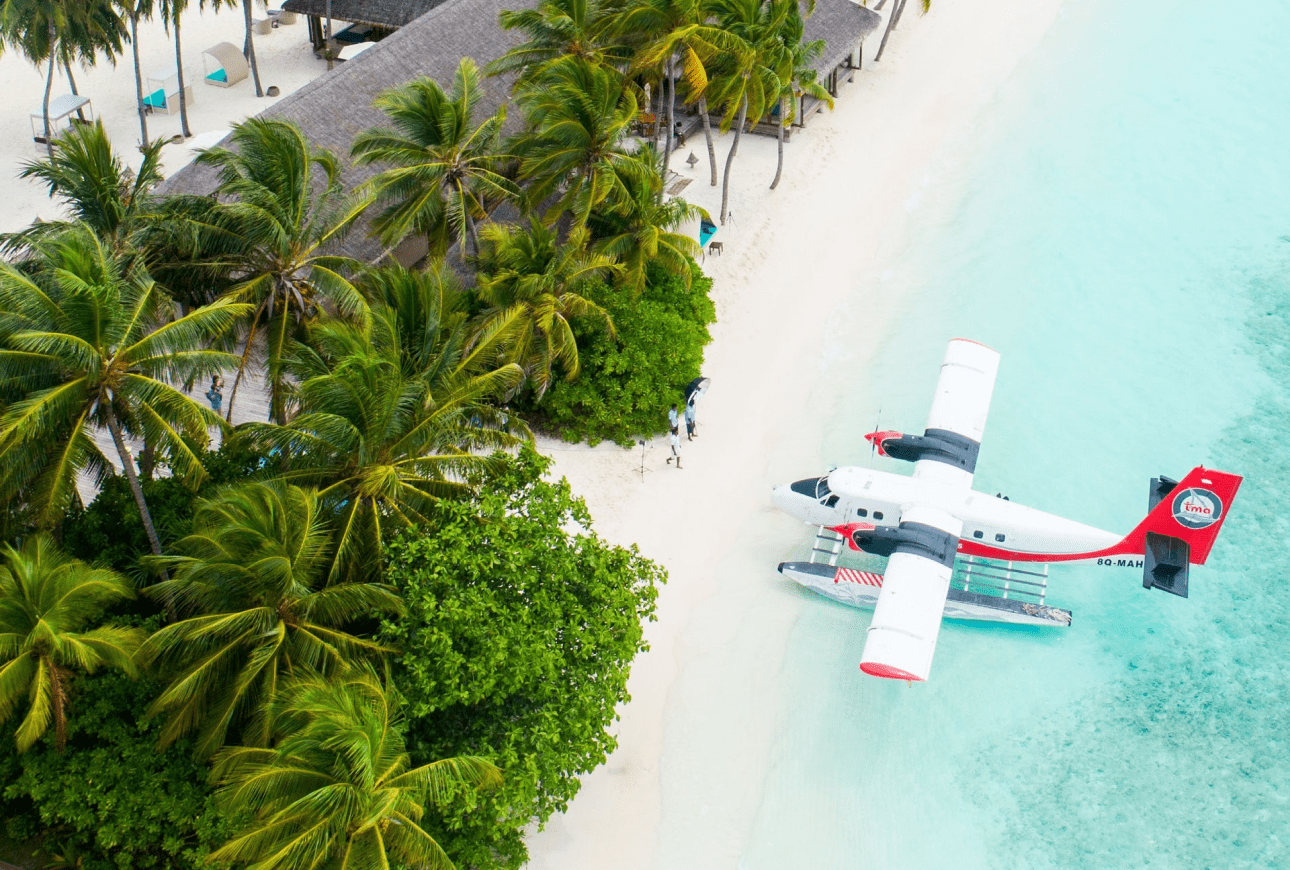
Subscribe to see secret deals prices drop the moment you sign up!